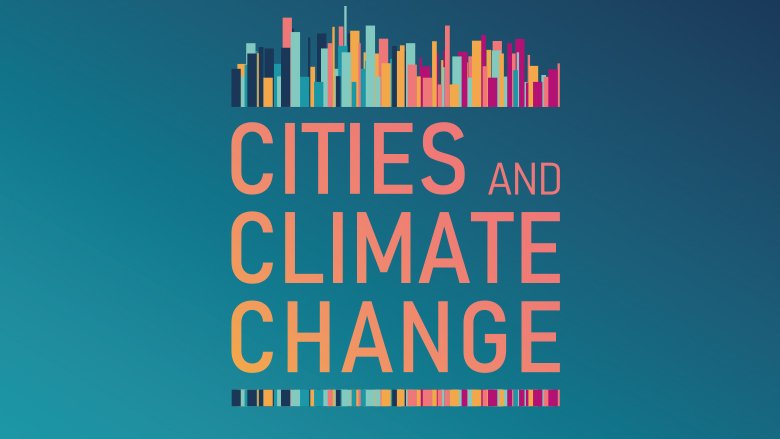In 2021, the World Bank Group launched its second Climate Change Action Plan (CCAP) for 2021-2025: Supporting Green, Resilient, and Inclusive Development. The CCAP 2021–2025 aims to advance the climate change aspects of the WBG’s Green, Resilient, and Inclusive Development (GRID) approach, which pursues poverty eradication and shared prosperity with a sustainability lens.
Through the CCAP 2021-2025, we are committing to transformative public and private investments in five key systems: energy; agriculture, food, water, and land; cities; transport; and manufacturing. These systems together produce over 90 percent of global GHG emissions, —and face significant adaptation challenges. These systems are also seen as critical to achieving development goals.
In the current Action Plan, the WBG commits to support countries and private sector clients to maximize the impact of climate finance, aiming for measurable improvements in adaptation and resilience and measurable reductions in GHG emissions.
With a climate finance target of 35% on average in FY21-25 for clients in support of green, resilient, and inclusive development, the WBG will develop new products and platforms across these systems to mobilize climate finance at scale.
Cities and Climate Change in the CCAP
The WBG has confirmed to step up support to cities, including technical assistance and financing, to help them decarbonize and build resilience, while supporting broader development goals.
This means supporting policies, regulations, and investments to improve urban air quality; decarbonize urban energy systems; promote green and resource-efficient buildings and infrastructure; promote integrated solid-waste management and circular-economy approaches; improve urban transportation; and improve the coverage, efficiency, and resilience of urban water supply, sanitation, and wastewater treatment.
Global Practice for Urban, Disaster Risk Management, Resilience
During the period 2011-2021, the WBG’s Global Practice for Urban, Disaster Risk Management, Resilience, and Land (GPURL) grew its climate change mitigation and adaptation financing from from just around 8% in 2011 (adaptation 6.9%; mitigation 0.6%), to 54% in 2022 (adaptation 41.2%; mitigation 12.2%).
The WBG invests an average of $6-7 billion in planning and implementing lending projects on sustainable cities and communities every year to help meet the critical demands of urbanization. GPURL’s active portfolio stands at 234 projects amounting to $34.41 billion, through a combination of instruments, including investment project financing, policy development loans, and Program-for-Results funding.
